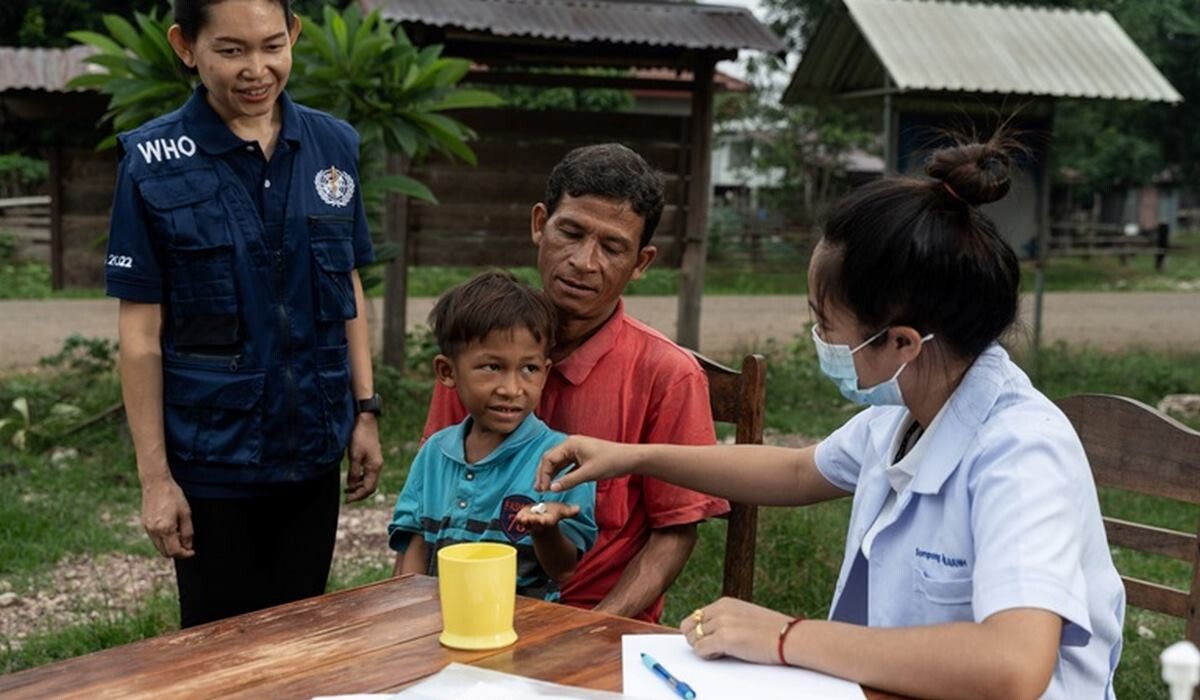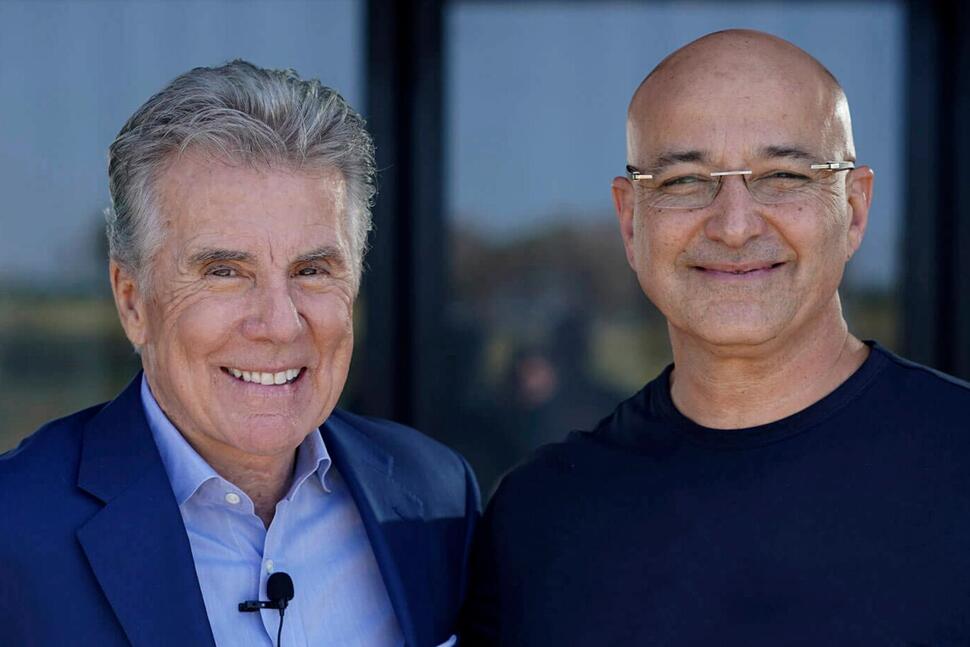Teen’s Makes $34K a Month!
At 12, Bella Lin faced a problem: her guinea pigs kept disappearing in her parents’ backyard. Unhappy with traditional cages, she started drawing prototypes to create a better enclosure. When Lin was a senior in high school, she invested using $2,000 from her savings, she launched GuineaLoft on Amazon in November 2022. GuineaLoft took off, selling nearly 11,000 cages and generating over $410,000 in 2023 — an impressive average of $34,000 per month.
After taking a break from GuineaLoft for a while, Lin is back at it. Now juggling academics, extracurriculars, and college applications, Lin spends about 20 hours weekly on GuineaLoft. Her dad’s connection to a Chinese factory helped bring her prototypes to life refining designs, opting for acrylic instead of glass and biodegradable bottoms. Lin manages a six-person team in China, handling product design, pricing, marketing, and overall strategy.
GuinneaLoft gained attention and earning Lin $10,000 in investment funds from BizWorld. The businesses impressive 25% profit margins are all currently reinvested back into the company for growth. Lin has also managed to find a lot of satisfaction from the endeavor. “Witnessing the tangible effects of [GuineaLoft cages] through customer reviews and emails is empowering,” says Lin. “As someone who once placed great emphasis on academic validation, the success … of [my side hustle] has boosted my confidence in navigating life beyond high school.”




